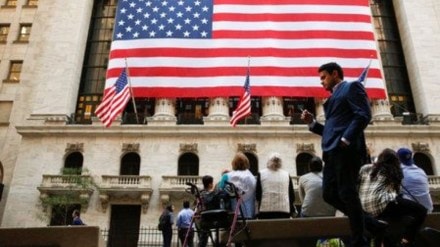US job growth slowed more than anticipated in July, with the labour market showing signs of cooling. Nonfarm payrolls rose by just 73,000 last month, following a revised gain of only 14,000 jobs in June, according to the Labour Department’s employment report released Friday.
What does the report indicate?
The combination of slower job growth and rising unemployment points to emerging cracks in the labour market’s resilience. Adding to the concern, job figures for the previous two months were significantly revised downward. June’s payroll gain was slashed to just 14,000 from an earlier estimate of 147,000, that indicated a weaker-than-expected trend.
Economists attribute part of the slowdown to a shrinking labour supply, which was driven by reduced immigration and a wave of retirements among baby boomers. Wage growth held steady, with average hourly earnings rising 3.9% year-over-year. However, labour force participation dipped slightly. Job openings also declined to 7.44 million at the end of June from 7.71 million the month before, and the hiring rate fell to its lowest level since November 2024.
Impact of tariffs on hiring
Although layoffs have stayed relatively low, hiring has slowed significantly, hitting a 12-month low in June. That month’s modest job growth was largely driven by state and local government hiring. The jobs report adds to growing concerns about the US economic outlook. While the broader economy expanded at a solid 3% annual rate in the second quarter, according to the Commerce Department’s data released the week of July 28, the growth was largely fuelled by a drop in imports. This drop reversed a tariff-driven spike in imports earlier in the year, which had temporarily dragged down economic performance.
Private-sector hiring has slowed and is becoming increasingly concentrated in a handful of industries, especially in healthcare and leisure and hospitality. Uncertainty surrounding the impact of Trump tariffs on consumer prices, spending, and corporate profit margins has made many businesses cautious, leading them to delay new hiring.
